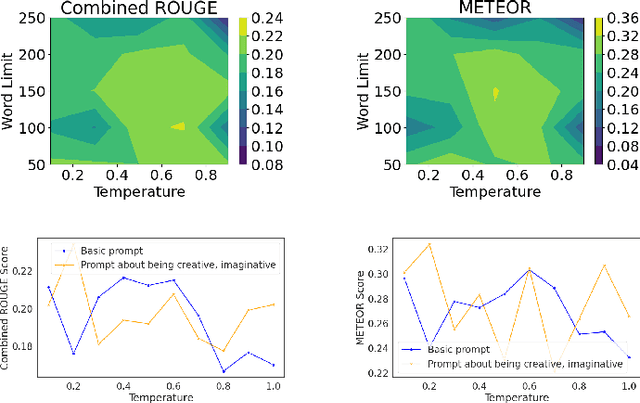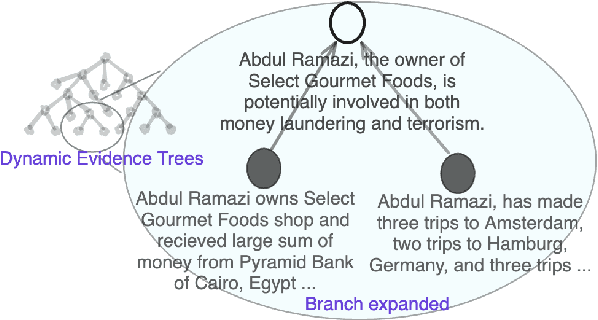Nicholas Defelice
LLM Augmentations to support Analytical Reasoning over Multiple Documents
Nov 25, 2024



Abstract:Building on their demonstrated ability to perform a variety of tasks, we investigate the application of large language models (LLMs) to enhance in-depth analytical reasoning within the context of intelligence analysis. Intelligence analysts typically work with massive dossiers to draw connections between seemingly unrelated entities, and uncover adversaries' plans and motives. We explore if and how LLMs can be helpful to analysts for this task and develop an architecture to augment the capabilities of an LLM with a memory module called dynamic evidence trees (DETs) to develop and track multiple investigation threads. Through extensive experiments on multiple datasets, we highlight how LLMs, as-is, are still inadequate to support intelligence analysts and offer recommendations to improve LLMs for such intricate reasoning applications.
 Add to Chrome
Add to Chrome Add to Firefox
Add to Firefox Add to Edge
Add to Edge